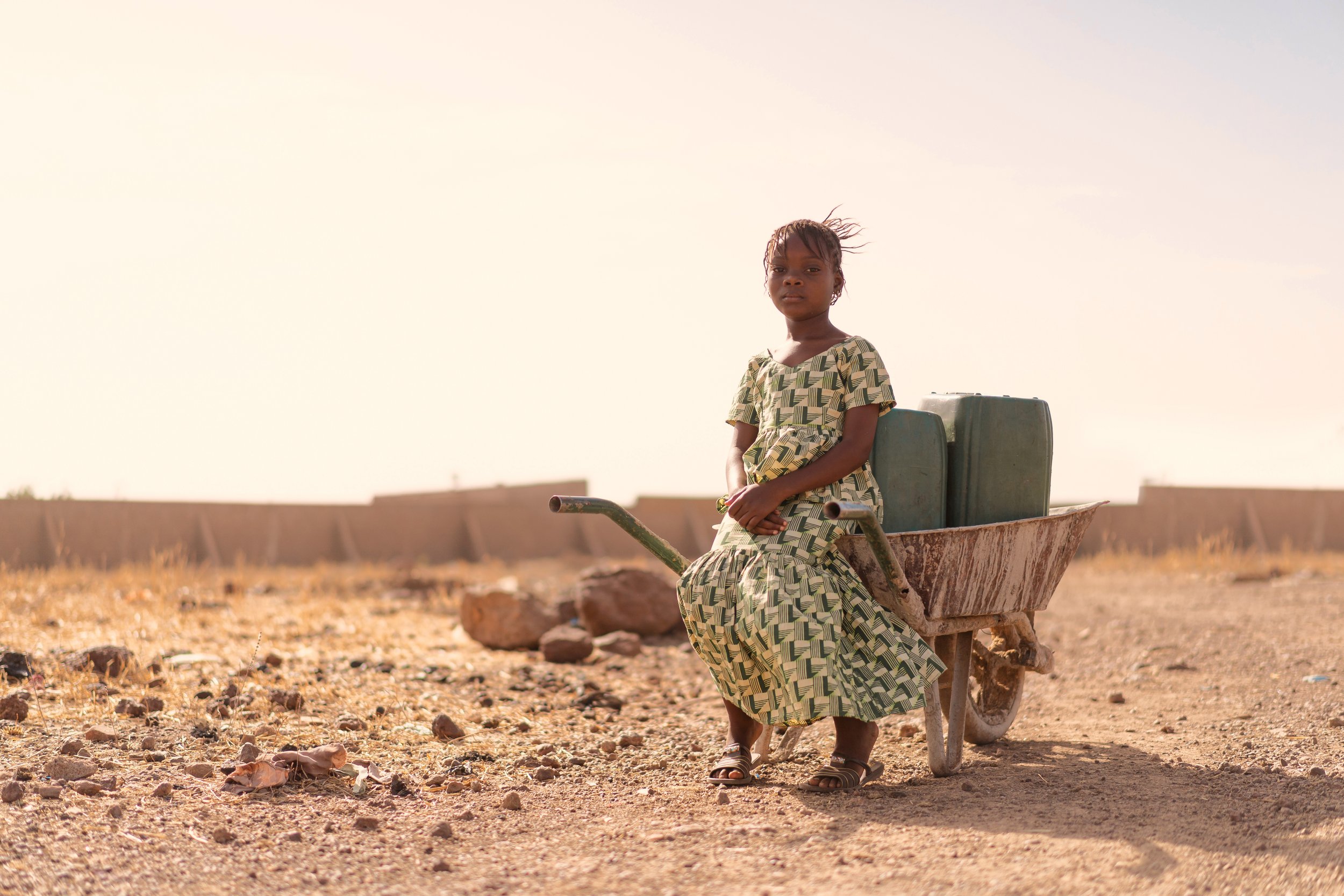This high-level Climate Finance Summit will be attended by Heads of State from Southern Africa countries, Ministers of Finance, Ministers of Environment, Ministers of Foreign Affairs and DNA Authorities, CEOs of International multi-national companies, International Banking Corporations, Heads of Parastatals, Aviation, Hospitality, Telecoms, Energy sector Heads etc, to discuss practical steps towards Climate Financing, leveraging on the Paris Agreement.
This event will also discuss and build consensus around the Climate Financing models, the strategic Public Private Partnerships (PPPs), and how African Governments, working with the Private Sector can deal with the scourge of Climate Change while driving the Sustainable Development Agenda.
BACKGROUND AND CONTEXT SYNOPSIS
The COP28 Dubai Resolutions signaled a new Climate World Order where fossil fuels are set to be phased out and the resolution has been hailed by conservationists as a major milestone for the Parties, as fossil fuels have been identified as the major drivers for the giga-tonnes of emissions that are setting the world up for unprecedented climate crisis.
Notwithstanding the bold and gigantic step taken by the world towards saving the Planet, the resolution puts the developing countries in a dilemma where they have to invest in clean energy options, yet without enough financial support to drive that transition.
Without Climate Financing, the COP28 Resolutions will be seen as yet another step towards stratified, structural and systemic marginalization of the African Continent, which is already suffering from the effects Climate Change.

CLIMATE CHANGE WORLDWIDE
Climate Change continues affecting community’s world over, its ugly effects ravaging and destroying livelihoods and lives, in some instances. Countries in the Global South that have weak economies, weak coping, resilience, and adaptation capacities find themselves in a quagmire, having to navigate the complexities of disaster management, the frequency and the magnitude of Climate Change induced natural catastrophes and their quest to build their economies.
African policy makers must deal with the complex situations of balancing between their National Development Programs, the need for sustainable development planning and sustainable execution while having to respond to climate change induced disasters that are costly on infrastructure, lives, and livelihoods within broader global geopolitical context of arms race and superiority grandstanding that has sparked catastrophic conflicts whose unintended consequences affect Africa.
The Sub-Saharan countries have to consistently maintain very high budgets for responding to disasters, strengthen `their disaster response systems, fund the coping, resilience building and Adaptation while bearing the costs for Loss and Damage, having to resettle the victims of these natural disasters while suffocating for the excruciating pressure of international debt overburden from the very same countries that are responsible for the global climate calamity.
Furthermore, the challenge of debt overhang continues to haunt and cripple African economies with the developed countries unwilling to cancel or review some of the debts. Where there is a talk about debt reprieve, that reprieve comes with conditionality like Structural Adjustment Programs (SAPs) or Austerity Policies that are often against the poor who are also victims of Climate Change. This leaves developing countries reeling under pressure from the effects climate change, debt burden, global geopolitics, as well as dealing with their own challenges of stimulating the growth of the economies.
The Southern African Countries are currently experiencing what scientists have called the worst ever El Niño induced drought, with weakened coping, resilience and adaptation systems increasing vulnerability and scaling up the risk. With the Global North countries initiating International Mitigation Outcomes (ITMOs) transactions in the international Carbon Markets, to buy these Credits to meet their emissions targets, Southeast Asian countries are taking the lead and Southern Africa stands a chance of tapping into the Carbon Market and in turn, access Climate Financing for their Adaptation Systems.
Governments in Southern Africa are struggling to deal with the challenges brought by Climate Change, which requires them to transition away from fossil fuels in spite of the fact that the very same countries are facing acute energy shortages, looming severe drought, limited coping, resilience and adaptation capacities. International donor funding continues to dwindle, debt burden continues to enslave these countries, stifling and denting any hope for economic growth.
As the region grapples with the myriad of complex challenges exacerbated by the elusive Climate Financing, private sector continues to play a peripheral role, despite benefiting immensely from the extraction of natural resources from the same countries that are struggling. This has led to some countries moving towards formulating regulatory policies. Zimbabwe has taken a step towards regulating the Voluntary Carbon Markets, South Africa is on the verge of creating a strong Compliance Market while other countries are also building their momentum. The need for convergence towards a Structured Climate Action approach becomes necessary.
The advent of the Environmental Sustainability Governance (ESG), the Global drive towards emissions reduction and sustainability disclosures to force companies to ensure environmental and social responsibility creates a gigantic opportunity for Private Sector players operating in the region to come to a table of consensus with Governments and Civic Society. The demand for Sustainability Disclosures for companies presents an opportunity for Southern African Governments to forge symbiotic Climate Action alliances for financing Adaptation and the Just and orderly Transitioning with the multinational corporations that are operating in the region. These multinational corporations will in turn stand a chance to present themselves as being responsible in their strides towards Net-Zero.
It is in this context that Africa Voluntary Carbon Credits Market Forum (AVCCMF), a Pan African, People-centric Climate Action Movement, that is driving an inclusive, Just and Equitable Climate Action Agenda, in partnership with Aither Group, seek to convene an inclusive, high-level Multi-stakeholder Climate Sustainability Financing Conference to be hosted in partnership with the Government of Botswana on 8-11 July 2024.






